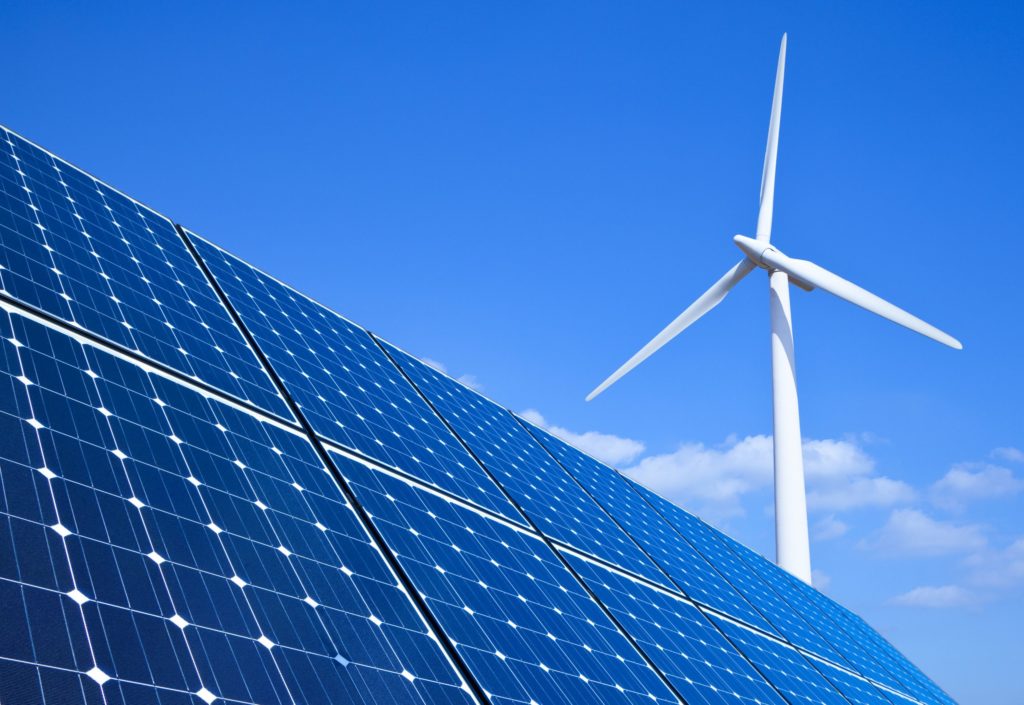Inflation Reduction Act Boosts Clean Energy Incentives
From TechTarget:
Challenges remain for clean energy development, use
There will be benefits resulting from the Inflation Reduction Act, such as substantial carbon emissions reductions and R&D gains in emerging clean energy technologies, said Devin Hartman, policy director of energy and environmental policy at R Street Institute, a nonprofit public policy research organization.
However, Hartman said the IRA doesn’t get to the root of the issue when it comes to challenges facing clean energy deployment — the energy regulatory structure.
Hartman said private markets have significant appetite for clean energy and carbon reduction. But those markets are stymied due to flaws in the current regulatory structure. It takes years to get new energy processes permitted and connected to the grid, which Hartman said is one of the main reasons that private developers aren’t deploying more clean energy technologies.
It’s also challenging for renewables developers to replace conventional energy suppliers in a cost-effective manner due to an outdated electricity market, he said.
“They also cite excessive grid congestion as constraining growth, with fixes to our transmission system taking the better part of a decade to implement,” Hartman said. “The regulatory rules that assign resources a grid reliability value are also in a state of flux, creating uncertainty on clean energy revenue streams.”
Hartman said overhauling electricity transmission regulation is vital for clean energy in the long term.
“Clean energy’s largest headwinds remain even with passage of the IRA,” he said. “Solving them requires fixing complex regulatory systems that reduce barriers to new projects while bolstering competition and consumer choice.”







